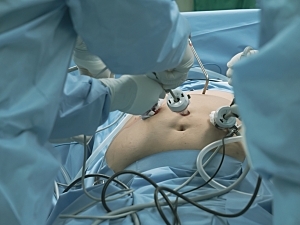Study Finds 90% of Adults Have Stage 1 or Higher CKM Syndrome

A Brigham and Women’s Hospital research team established baseline epidemiological information about a new paradigm called cardiovascular, kidney, and metabolic (CKM) syndrome.
Read More...







